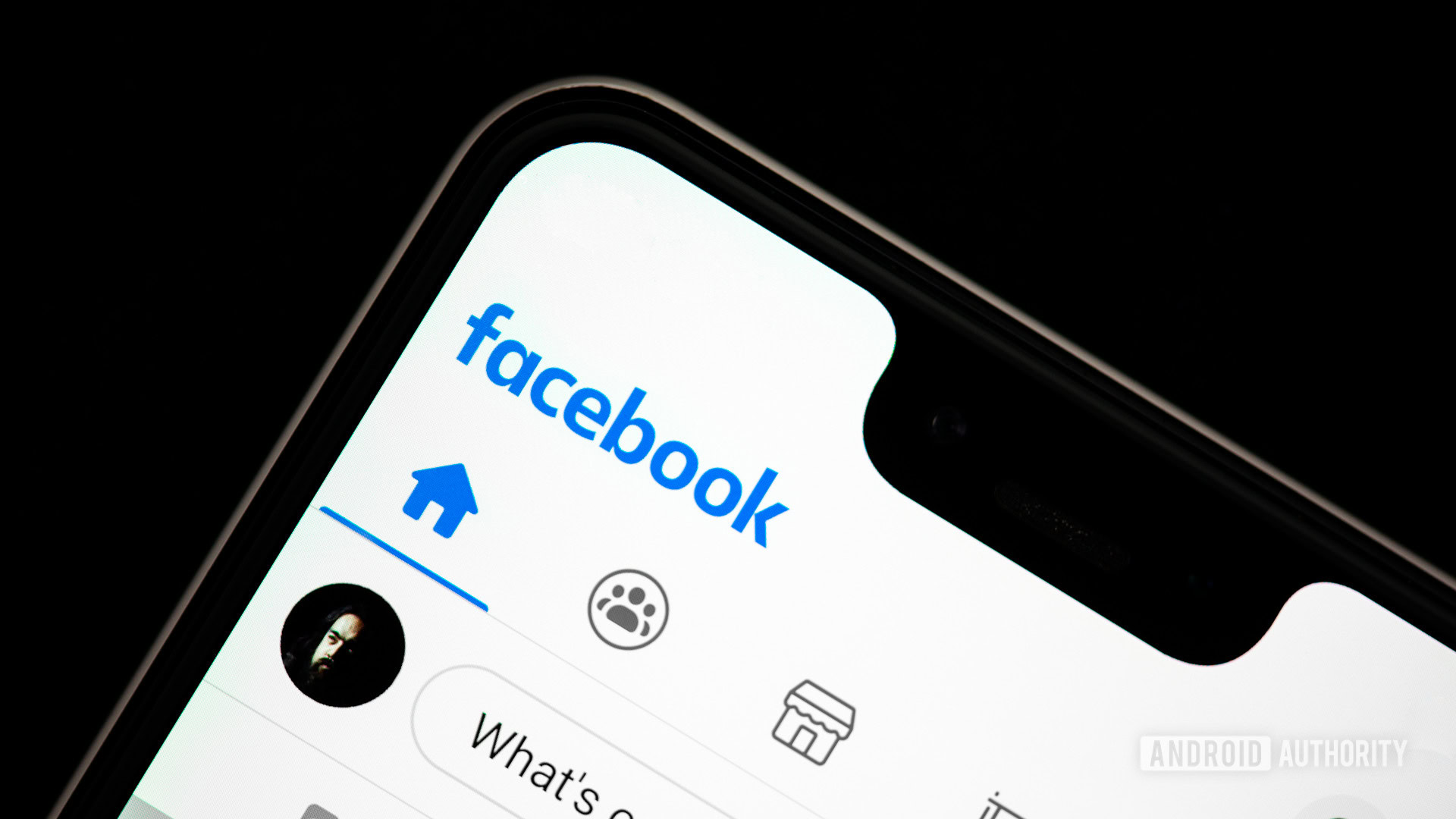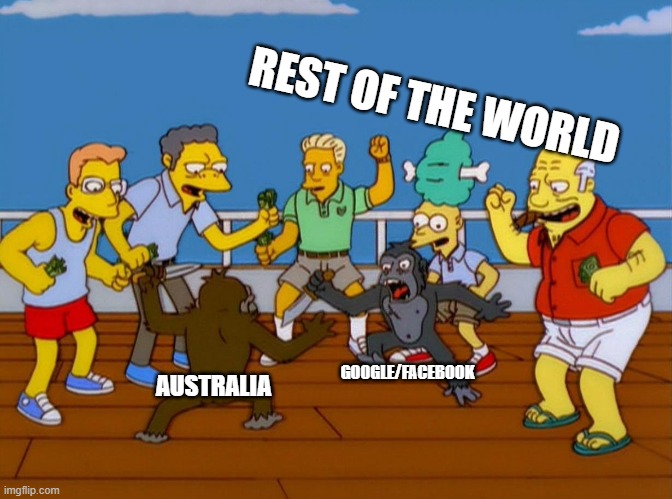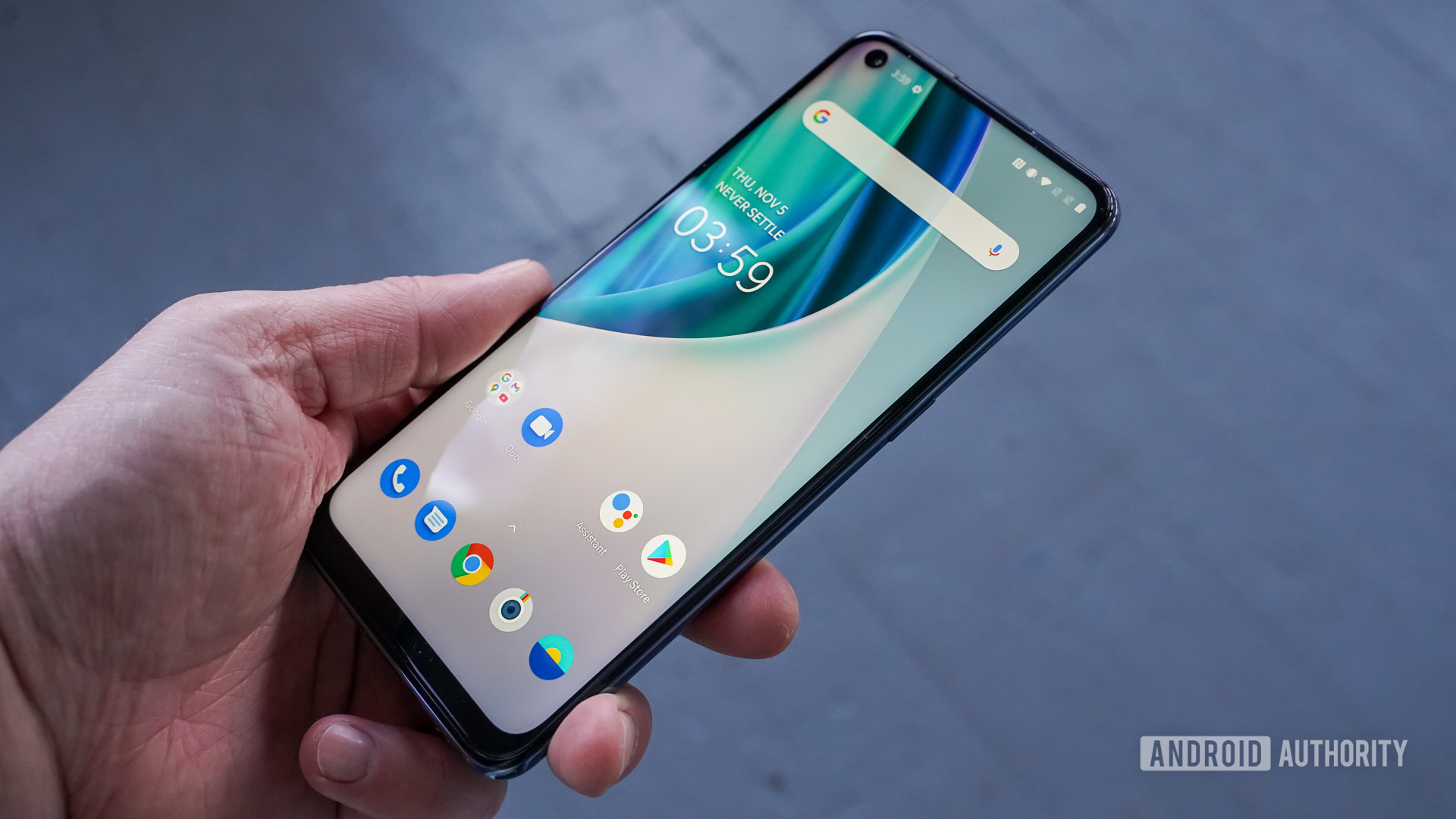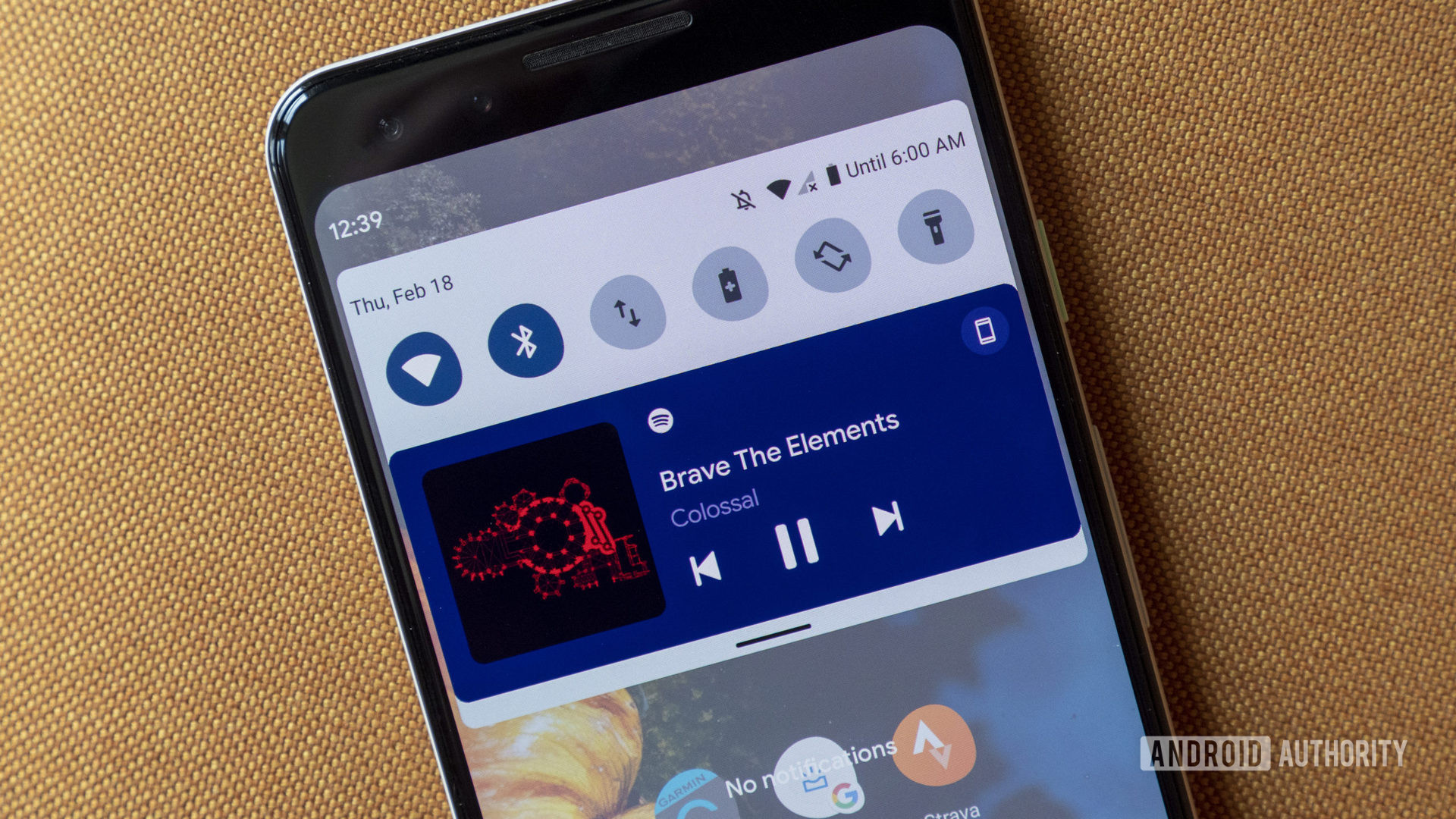Affiliate links on Android Authority may earn us a commission. Learn more.

Following months of fierce debate and threats (AP) over whether Facebook and Google should pay news outlets for content, Facebook went nuclear in Australia.
- The social media platform has banned the sharing of Australian news and removed all content on Australian news outlets’ Facebook pages.
- The move is a response to proposed laws set to be implemented by the Australian government which would see giants like Google and Facebook forced to pay for news content.
- Google had also threatened a similar burn-it-all-down approach, but in the end, agreed to pay publishers to feature content.
- As Big Tech faces renewed bi-partisan political pressure to contribute more on a worldwide scale, the Australian confrontation could be the first of many.
Catch up quick:
- Traditional news media, especially newspapers, have suffered greatly since the dawn of the internet. Why? Mostly as a result of poor internet strategies.
- The classified ads that used to support newspapers and journalists shifted online within a period of a few short years, causing a cataclysm of falling print media revenue.
- With fewer ads and less money to go around, the result was massive cuts in output, jobs, variety of newspapers, and quality of journalism.
- The two big winners in the advertising industry now are Google and Facebook — both display ads on their enormously popular properties extending to YouTube and Instagram and further.
- And in the style of aggressive internet-first companies, they went further than just having a useful product or two.
- Both offer advertising platforms used by many websites to earn money from visitors. These platforms are also used by marketers to target audiences in ways advertising in a newspaper never could.
- Given that news media went from owning local mastheads that commanded a dedicated audience to competing with global webpages, it became a lot harder to make money the old way, and really hard to make money online.
- Now though, governments are listening to complaints. Big Tech has shifted from a marvel to an overlord, and there is a bi-partisan appetite for tech companies to contribute more to local economies, including news media.
Australia’s situation:
- Australia’s situation is being closely watched around the world. A country vs a tech giant is an epic battle of wills. Australia’s position: if either Google or Facebook link to news, they should pay the media outlet for the content. This stance has the backing of both major political parties.
- Rather than pay up, Google originally threatened to turn off Google Search in Australia. It later started arranging direct deals with media companies big and small to get them on side.
- Ahead of the legislation being enacted as law, Facebook, on the other hand, announced it would just ban Australian news entirely.
- News links to Australian media can no longer be shared on Facebook. Facebook pages run by publishers were left on the platform but have been wiped clean of content. Click to see how one of the biggest daily newspapers, The Sydney Morning Herald, now looks on Facebook.
- Facebook didn’t just wipe news pages, though. For some reason, it also banned government health pages, weather sites, not-for-profit pages, and emergency services. It also blocked its own page (Twitter), before rolling those changes back (The Guardian).
- If you need it explained in meme form, here’s something I made.

Thoughts:
- Facebook’s response is problematic. Shutting up shop when regulators push back is hardly a growth strategy, not to mention how much it will cost Facebook regardless.
- Yet Australia’s proposed media regulation of Facebook is clumsy at best.
- Here’s the actual government explainer on the proposed law. It details that Facebook and Google have to pay when links to news appear on their sites. The key is link.
- To be clear, the government wants Big Tech to either pay for publisher content or contribute to journalism efforts. But the proposed implementation is that Google and Facebook would have to pay for any links posted by anyone on their platforms.
- That is a narrow-minded and strikingly bad solution (ben-evans.com). Australia confirming it as law will undoubtedly have many unforeseen consequences.
- But even though it’s all rather messy right now, something big has happened. This will result in an outcome. Google paid up. Facebook hit the giant red button.
What’s next?
- How much does Facebook need to be seen to be complying with democratic governments, no matter how bad the law is? The collateral damage from this ban may not be limited to Australia.
- Alternatively, how much do the Australian publishers need Facebook’s Australian audience, after all?
🤷♂️ Today in smartphone strangeness, Poco has a new logo and a mascot, for some reason. It is terrible. but what do you think of it? (Android Authority).
🔢 Asus confirms the ROG Phone 5 name, skipping unlucky number four just as OnePlus did (Android Authority).
♻ Google Play Store now lets you share apps with others: Here’s how it works (Android Authority).
📅 Realme sets launch date for 2021 Snapdragon 888 flagship: Realme GT 5G, coming March 4 (Android Authority).
🎮 Here are the 20 biggest announcements from the Nintendo Direct show: Zelda port, Splatoon 3, Fall Guys is coming to Switch, more Mario Golf (The Verge).
💻 Is Apple about to admit it was wrong about the MacBook Pro? (Macworld).
🚖 Waymo’s set to test its self-driving taxis in San Francisco (Engadget).
📈 Chromebooks outsold Macs worldwide in 2020, a first (GeekWire).
😬 Ex-Stadia developers dish on Google’s mismanagement and poor communication. Ouch. (Ars Technica).
📦 Posing as Amazon seller, consumer group investigates fake-review industry. Before you click, guess the price of 1,000 positive reviews (Ars Technica).
🔒 Feds indict three North Korean hackers for years of heists and scams, including the notorious cyberattack on Sony Pictures. They’re, um, unlikely to be extradited to the US, but it sends a message? (Wired).
📺 “Which TV show got too big for its boots?” (r/askreddit).

“In some ways, the Internet as we know it really began on February 16, 2001, 20 years ago today, when a three-word phrase blew up: ‘All Your Base.'”
So writes Ars Technica, about the legendary “All Your Base Are Belong To Us” Flash video uploaded to Newgrounds.com, which is essential internet knowledge. Who could forget the original source dialog, but even more so, the Photoshopped imagery in the latter half of the video.
- While the likes of early viral hits like Dancing Baby were popular on the web, All Your Base infected everything: Forums, Geocities, IRC chats… while Dancing Baby doesn’t really make sense looking back, All Your Base feels more significant.
- Watch the OG hosted in a Flash emulator on Newgrounds.
Cheers,
Tristan Rayner, Senior Editor.

